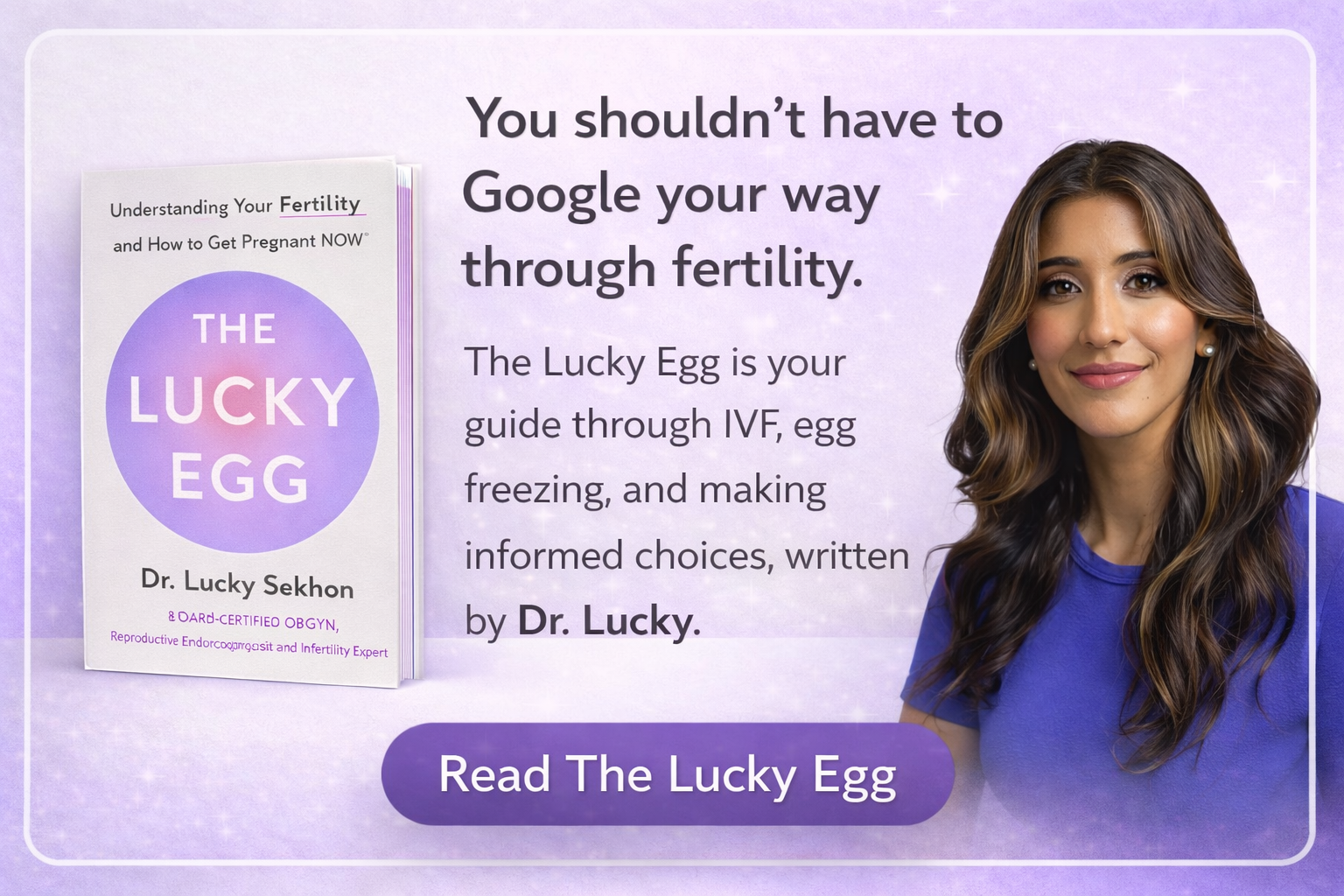How Smoking and Vaping Destroy Egg Quality and Fertility
If more people knew smoking and vaping poses as a very real and direct cause infertility and menopause, would it be as prevalent? Amongst a myriad of other impacts, smoking seriously damages egg and sperm quality.
Further, the chemicals (such as nicotine, cyanide, and carbon monoxide) in cigarette smoke actually speed up the loss rate of eggs. Once eggs die off, they cannot be regenerated. Also, smokers are known to go into menopause 1 to 4 years earlier than non-smokers.
Smoking reduces both sperm count and sperm quality as motility, and the proportion with a normal shape and can decrease the sperm’s ability to fertilize eggs.
Both male and female smokers have 2x the rate of infertility found in non-smokers. Smoking even impacts the ability to treat infertility successfully through IVF. The ovaries of smokers require higher doses of stimulating medications during IVF and still yield fewer eggs at retrieval that end up having 30% lower pregnancy rates compared with non-smoking IVF patients.
The chemicals in cigarettes have been proven to negatively affect egg quality as smoking damages the genetic material in eggs and sperm- explaining why miscarriage and offspring birth-defect rates are higher among patients who smoke. Smokers are more likely to have a chromosomally abnormal pregnancy (ie. Down syndrome), ectopic pregnancy, and preterm delivery. The fertility related effects of smoking can be trans-generational. Men whose mothers smoked at least a half a pack of cigarettes per day have been shown to have lower sperm counts. Smoking during pregnancy also can lead to growth restriction of the baby before birth. Children whose parents smoke are at increased risk for sudden infant death syndrome (SIDS) and asthma.
Women exposed to secondhand smoke are also at high risk for all of these outcomes.
If you are already a smoker, it is never too late to quit. Quitting can improve fertility but the effect of diminished egg reserve cannot be reversed. The risks of smoking are seen to decrease, the longer a person has not smoked. Cigarettes have been around for decades – so there is much more data on the risks of cigarette smoking to fertility and pregnancy. Vaping is a newer trend- but long gone are the myths that vapes or e-cigarettes like Juul are a healthier alternative to traditional tobacco cigarettes. Recent studies are starting to show similar negative outcomes from vaping (ie. poor sperm quality, impaired embryo implantation) and have implicated specific constituents of e-cigarettes and vape oil, that are known to be associated with reduced fertility.
Quitting smoking/vaping can be really hard but studies show that the chance for success is much higher if you work with your health-care provider and/or a support group, and consider the use of aids such as nicotine replacement and/or specialized medications.


